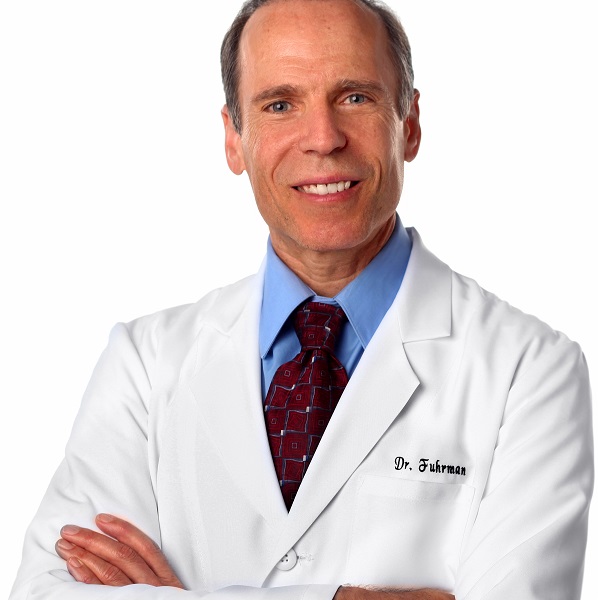It is also the toxic, human-engineered products found in every grocery store across America, including cold breakfast cereals, commercial and preserved (deli) meats and cheeses, sandwich breads and buns, chips, pretzels, crackers, fried foods, energy bars, and soft drinks.
Get Your Greens without the Mess, Organifi Green Juice. Use code “goodhealth” at checkout to save 20%! - sponsor
Fast foods have become the primary source of calories in the United States and consequently the most far-reaching and destructive influence on our population. The indisputable truth is that our highly processed diet is the source of a national health crisis that is exploding into a genocide with unseen tragic implications.
Heart attacks, strokes, cancer, obesity, ADHD, autism, allergies, and autoimmune diseases all have the same root cause: our addiction to toxic ingredients.
New York Times bestselling author, board-certified physician, nutritional researcher, and leading voice in the health field Joel Fuhrman, MD, joins Dr. Friedman to explain why the problem of poor nutrition is deeper, more serious, and more pervasive than anyone imagined.

Visit organifi.com and use discount code “goodhealth” to receive 20% off your order!!

 Joel Fuhrman, MD, is a board-certified family physician and nutritional researcher who specializes in preventing and reversing disease through nutritional and natural methods.
Joel Fuhrman, MD, is a board-certified family physician and nutritional researcher who specializes in preventing and reversing disease through nutritional and natural methods.